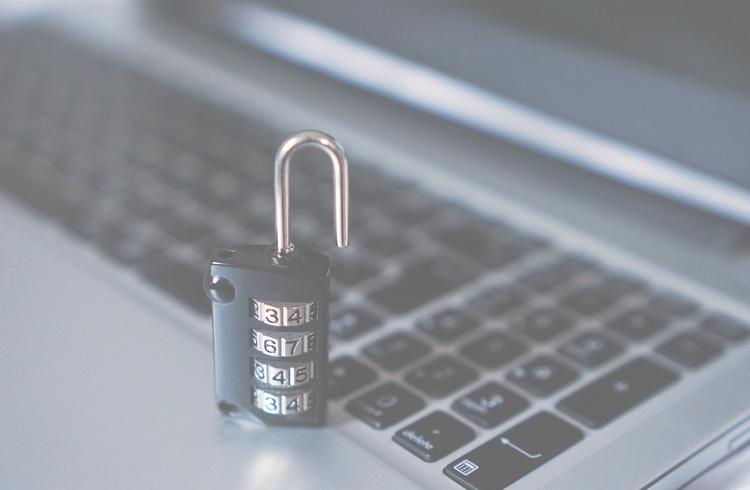Did you ever forget your password? Do you have difficulties juggling between different passwords? Or maybe you are the kind of person who writes her passwords on sticky notes or in a plain text file?
My friend, if you do not know what a password manager is today, you have got to read this and start using one right now.
What is it
Basically, a password manager helps you manage your passwords. Yes, it is as simple as this! You choose one super strong quality password that you will remember and then you do not have to worry about remembering all your other passwords. A password manager is a database encrypted with your super password. Password managers make it simple to have strong and different passwords because they are stored in one single place and protected by your super strong quality password.
Apart from getting your passwords from your password manager, another really cool feature is that it can generate strong passwords for you, so you do not have to think about creating your own quality password anymore. And do not worry, you do not have to remember your generated passwords since your password manager does it for you.
Password managers are time saving tools and a must have if you own more than one account.
Good practices when creating password
It will come a time that you will need to choose your strong quality password. Even if you should, you might not want to use a password manager today. So here are three things to remember while choosing a password:
1. Use a different password for each account.
Imagine you are using the same password everywhere, then an application you are using has a security leak, or maybe you have been caught by phishing emails… Your email and password has been discovered. By the time you notice it, it might be too late for your accounts. It is easy for a hacker to try that information on several other application accounts. You might avoid this by using different passwords everywhere.
2. Use different patterns for each password.
If you use the same pattern everywhere for example 2017facebook.com for your Facebook account and 2017twitter.com for your twitter account, it makes it easier to be brute-forced. Because a hacker that finds out one of your passwords could try to guess websites you are using and try your pattern on those websites. For example, he could guess that your PayPal account password is 2017paypal.com and he could try it with several years and top-level domains.
3. Use as many different types of characters that you are allowed to.
- Lowercase
- Uppercase
- Numbers
- Special characters such as {}<>[]()=-+/*&?%$/"! ':;
Which password manager am I using?
I do not think that my password manager is the greatest absolute solution, in fact I am thinking of changing it. I use Encryptr and I do not recommend it because the project does not seem to be maintained anymore and it should have some more features. Although, I like it because it is an open source cloud multi-platform application and it is a great first experience for managing your passwords.
I have also tried KeePass and I think it is a nice and complete open source software. My negative point: the interface is a little old. Also, in comparison to Encryptr, KeePass is not a cloud application. That means that your data are stored on your computer and if you want to access your password everywhere you have to save your database to your favorite cloud application like Google Drive, DropBox or even GitHub. If you use that method, don’t forget to sync your database every time you make a change!
Other than that, there is GNU Pass another open source password manager that is mainly used with Command Line Interface. I am thinking of trying this one soon but since it is also a non-cloud-based application, I have to figure out first how I want to get my password everywhere with me.
There are so many more alternative to choose a password manager, 1Password, LastPass, Dashlane, … My advice to you is to do your research. Password managers are not immune to vulnerabilities and having a cloud-based password manager can be dangerous. It can be even more dangerous if you do not know what the application is doing with your data.
Conclusion
I hope that if you were not using a password manager yesterday, you are going to get one today. Please toss those sticky notes away and be serious about your online security.
For those of you who already use a password manager, I am really proud of you! Are you using one I have talked about? If not let me know which one you use!


